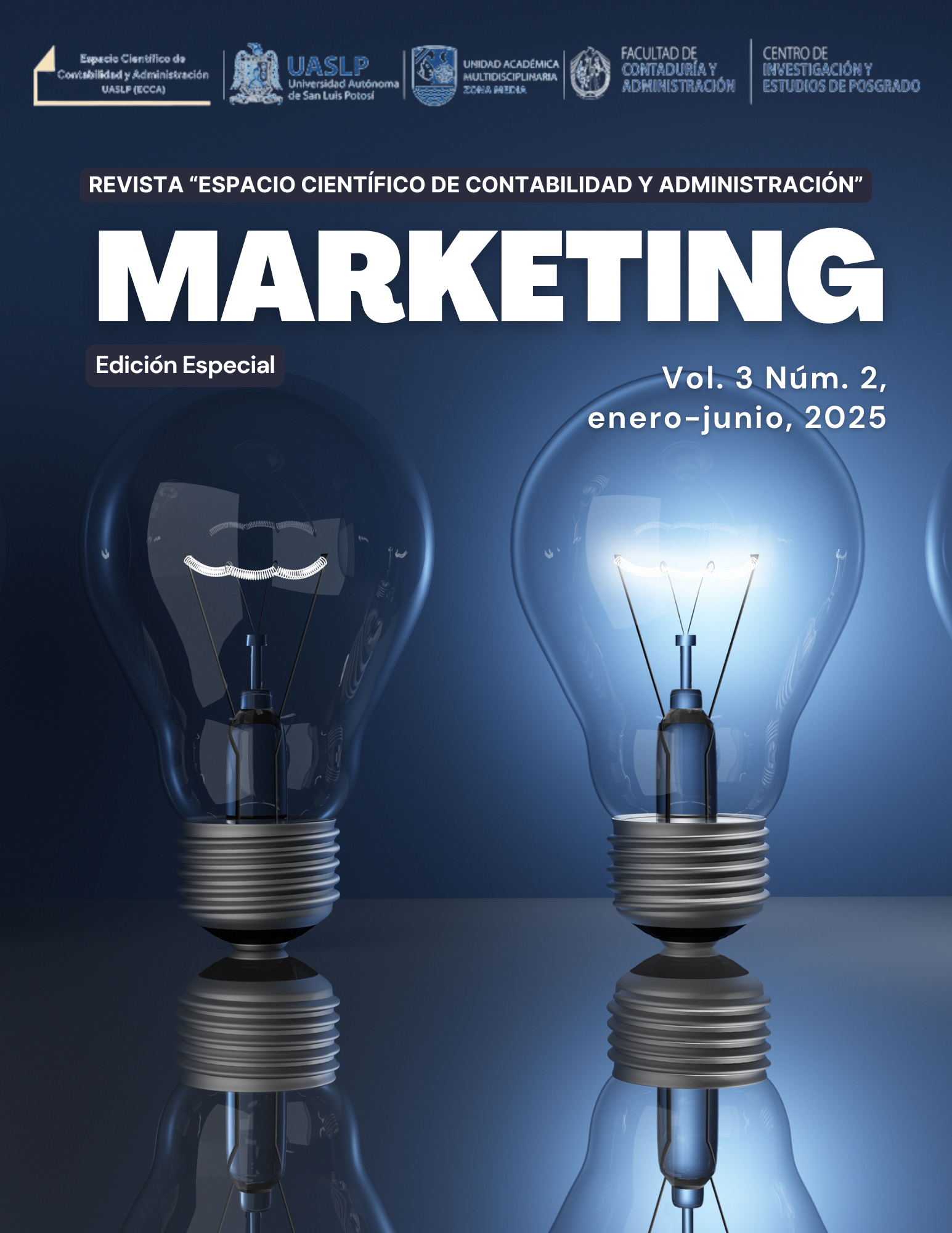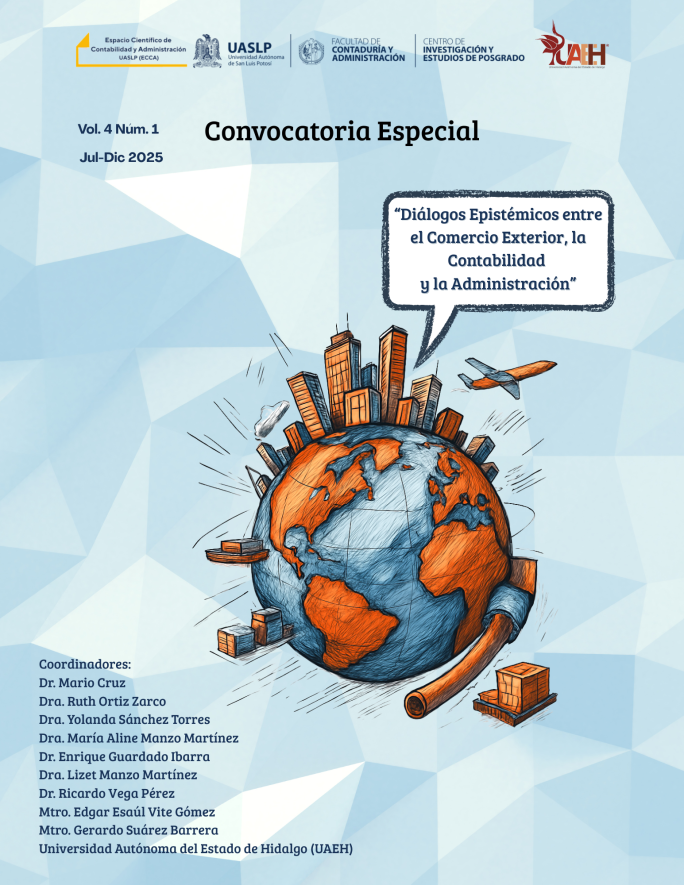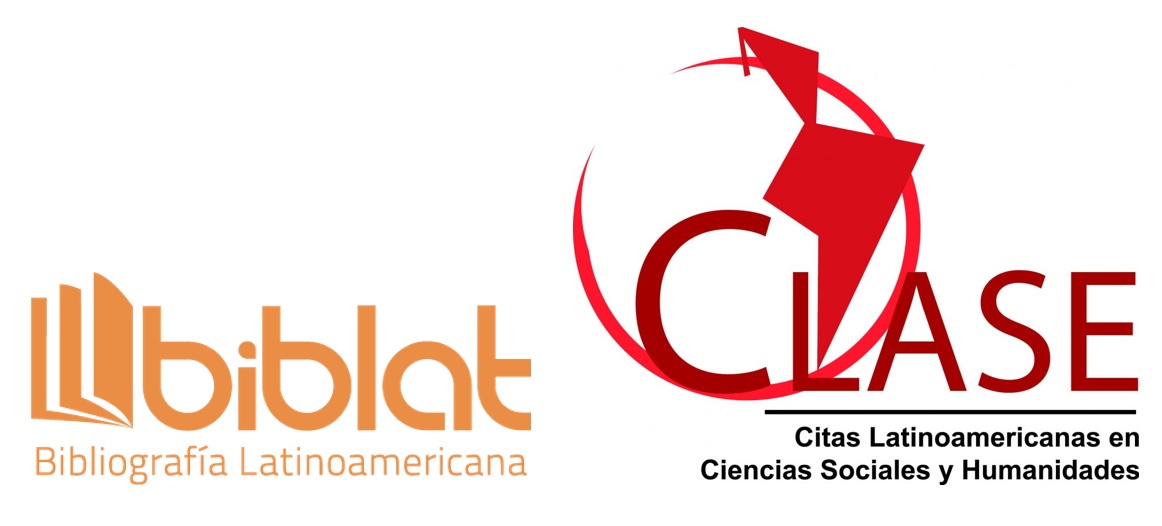Editorial Note
DOI:
https://doi.org/10.58493/ecca.2025.3.2.14Keywords:
MKTAbstract
We are immersed in a time of rapid transformation, where technology, digitalization, and sociocultural changes are completely redefining how organizations conceive their strategies and engage with their environments. In this context, innovation is no longer a value-added element but has become a central axis of marketing and management practices.
Contemporary challenges—such as the evolution of consumer behavior, hyperconnectivity, intensive use of artificial intelligence, process automation, and growing social and environmental awareness—demand more creative, flexible, and sustainable strategic approaches. Responding to these demands not only requires the adoption of technological tools but also a transformation of organizational culture toward more collaborative, interdisciplinary, and people-centered models.
This special issue of the Revista Espacio Científico de Contabilidad y Administración emerges as a platform to reflect on the innovative strategies shaping the present and future of our disciplines. From the use of artificial intelligence to personalize the customer experience, to the integration of gamification as a didactic or motivational tool, new practices are opening disruptive paths that challenge traditional approaches and demand new skills from those who lead or study these fields.
Likewise, concepts such as digital transformation, market intelligence, agile leadership, and experiential marketing are no longer mere trends, but foundations of a more dynamic professional practice—one based on data analysis, empathy with audiences, and the ability to adapt. At the same time, pillars such as ethics, sustainability, inclusion, and social responsibility are gaining increasing relevance in strategic decision-making, reminding us that innovation cannot be disconnected from the impact it generates.
The value of this special issue lies precisely in the diversity of approaches, methodologies, and contexts that converge to offer a comprehensive and critical perspective on the possibilities of applied innovation. The articles gathered here demonstrate how creativity, strategic thinking, and technology can intertwine to solve complex problems, improve organizational processes, and generate both economic and social value.
We invite readers to approach these pages with an open mind—willing to question the established, to imagine new ways of practicing marketing and management, and to recognize that in a changing environment, innovation is not merely a tool, but a constant attitude of inquiry, learning, and evolution.
As guest editors of this special issue, we express our deepest gratitude to the Espacio Científico de Contabilidad y Administración of the Universidad Autónoma de San Luis Potosí (ECCA-UASLP) for the invitation to lead this edition. Their support has been essential in gathering these valuable contributions, which we hope will inspire and guide organizations on their path toward a more innovative future.
References
Coordinadores del número especial
Dr. Héctor López Gama [1]
ORCID: https://orcid.org/0000-0002-3458-6535
Dra. Sanjuana Edith Grimaldo Reyes [1]
ORCID: https://orcid.org/0000-0002-4078-7720
Dra. María Edith Balderas Huerta [1]

Downloads
Published
How to Cite
Issue
Section
License
Copyright (c) 2025 Dr. Héctor López Gama, Dra. Sanjuana Edith Grimaldo Reyes, Dra. María Edith Balderas Huerta

This work is licensed under a Creative Commons Attribution-NonCommercial-ShareAlike 4.0 International License.
Usted es libre de:
- Compartir — copiar y redistribuir el material en cualquier medio o formato
- Adaptar — remezclar, transformar y construir a partir del material
- La licenciante no puede revocar estas libertades en tanto usted siga los términos de la licencia
Bajo los siguientes términos:
- Atribución — Usted debe dar crédito de manera adecuada , brindar un enlace a la licencia, e indicar si se han realizado cambios . Puede hacerlo en cualquier forma razonable, pero no de forma tal que sugiera que usted o su uso tienen el apoyo de la licenciante.
- NoComercial — Usted no puede hacer uso del material con propósitos comerciales .
- CompartirIgual — Si remezcla, transforma o crea a partir del material, debe distribuir su contribución bajo la la misma licencia del original.
- No hay restricciones adicionales — No puede aplicar términos legales ni medidas tecnológicas que restrinjan legalmente a otras a hacer cualquier uso permitido por la licencia.












